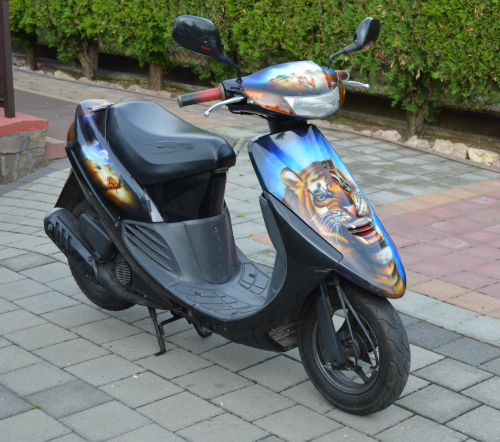7.3 Skills in the 21st Century
back
His bike has been stolen, my Indian friend laments. Next day he says, “we will find it, the guy says, it will be around the hotel.
” Which guy?" I ask.
He doesn’t call him psychic, but means. Superstition.
My first reaction is anger. He senses it, even 4000 km away, in India. He goes into defensive mode: “Years ago my father’s auto was stolen and the guy was able to tell where we would find it. We found it.”
Oops. How can I oppose this one? I have to come up with theories like: your psychic was the thief, or he knew about the theft. Because I am right, of course.
Putting aside the angry “of course, I am right” is not easy. Especially when you come up with reasons like: because I am educated, you are not, so I know better. Or I am older, so I know better.
But it takes a whole day to give in.
| Critical thinking is the ability to reflect on my own way of thinking, to consider if I am really right or just deceive myself. I can be confident and tell, of course I am right, but if it is not true I do a lot of harm to myself. Lack of critical thinking is short-term thinking, it prevents us from adapting to the changing reality. |
Even if I am right, I have to check if this is really the case and I also have to convince him that he is wrong. After all, 1 billion people believe in what priests and holy men say in India.
So I have a checklist to test myself.
Absolutely, I am talking in the name of science and objective facts. |
Well, I don’t think so. I have a lot of questions waiting for answers. For example how these holy men operate, where do they get their information. |
Errr.... something must be true about it, otherwise many people wouldn’t believe it. I should know what is the percentage of success they operate with. They might be just lucky guesses. |
Not at all, but keep trying. |
No. Maybe I would need observation, or statistics, or more stories, to prove or refute. |
I think holy men take money from the poor and give a couple of words. It is exploitation of brainwashed, uneducated masses. |
On the other hand it might give them solace and hope. |
It can be dangerous in India, not for me. For example if my friend says, it is crap, his family/friends would condemn him. |
Yes, and I try to overcome it. I am not 100% right to say it is rubbish, because I didn’t examine the facts in detail. |
No, but I have to. |
Yep, of course. I am smart. |
Conclusion: I am going to India, I want to see these holy men working. Maybe they have some tricks I can learn.
P.S.1: The bike didn’t turn up at the hotel.
P.S.2: I went and tried. I found a guy who said he would tell my future by reading my life from my palm. He was very good, absolutely an expert at reading lives based on appearance, though he made some mistakes. He was thinking like this: "this middle-aged white woman must be rich, otherwise she would not be travelling in India. On the other hand, where is her husband?" ? So he said, I am lucky in my career but unlucky in love. I was wondering what was my husband doing in the shop on the other side of the street. Is he cheating on me with the shopkeeper now? ?
All in all, there was nothing magical about what he said. It was only trial and error. However he was undoubtedly talented and I enjoyed the session with him. For 500 rupees.
